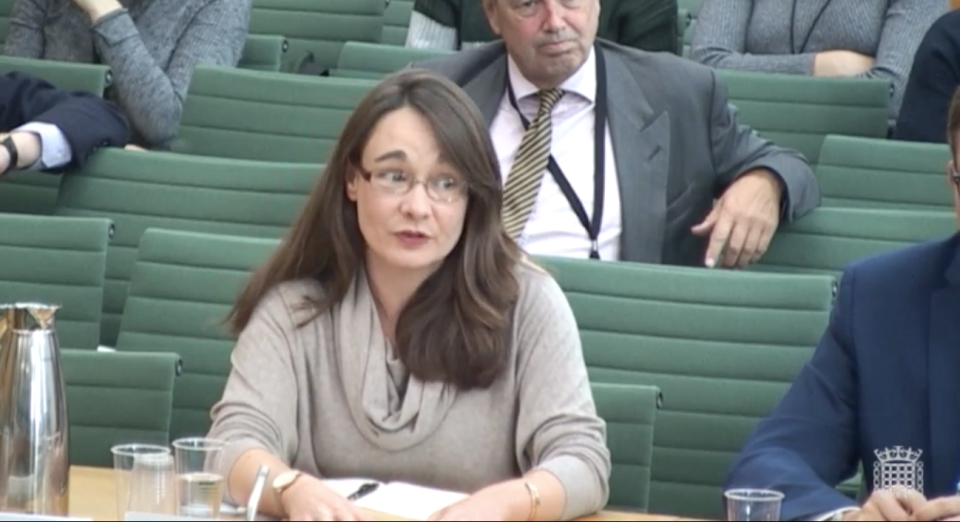UK-wide customs union would still require Northern Ireland backstop, Brexit committee hears

A specific Northern Ireland ‘backstop’ would still be required even if the Brexit withdrawal agreement contains a UK-wide customs backstop, the House of Commons’s Exiting the European Union Committee heard on Wednesday.
While a UK-wide solution would address customs and trade relations, and thus would go some way to preventing a hard border in Ireland, there would still need to be a separate agreement that addresses the specific Northern Ireland issues, Dr Katy Hayward of Queen’s University Belfast told the committee.
Prime minister Theresa May has been seeking a UK-wide backstop as a way of avoiding committing to a Northern Ireland-specific backstop, considering Democratic Unionist Party (DUP) opposition to arrangements that could see Northern Ireland remain in closer alignment with the EU’s trade and customs rules than the rest of the UK.
But a UK-wide solution would not be able to fully address the “critical question” of sustaining the 1998 Good Friday Agreement and the Northern Ireland peace process, Hayward said.
Hayward noted that the current draft of the Northern Ireland backstop protocol mentions “many things” unrelated to trade and customs, such as the rights of Irish citizens and north-south cooperation.
She said that electricity, telecommunications, energy, the environment, and broadcasting are just some of the areas that would need “specific arrangements for to sustain after withdrawal” from the EU.
A UK-wide agreement could not address these, since “they’re particular to the consequences on the island of Ireland,” Hayward said. “The customs arrangement is different. It’s a particular area of the protocol that is of course the point of contention.”
There is also the concern about the longevity of a UK-wide solution as a means to preventing a hard border in Northern Ireland. David Shiels, a policy analyst with thinktank Open Europe, noted that neither the EU or the Irish government “would believe that a longer-term customs union would be politically sustainable from a UK point of view.”

 Yahoo Finance
Yahoo Finance 
